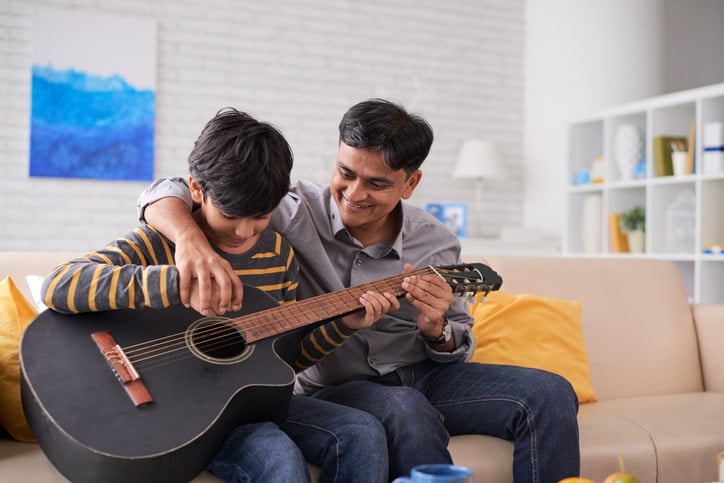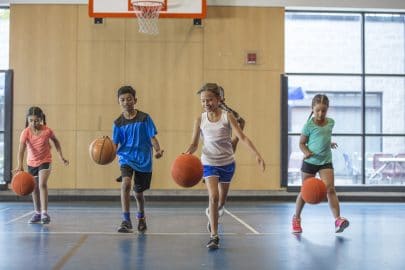Your children get a sense of music and rhythm right from the time they are born. You may have them sung a lullaby, bought some musical toys such as a xylophone and shakers or played nursery rhymes. They are further exposed to music through dance and musical activities at school or at home.
However, as they get older, very few of them show an inclination towards learning music to sing or play a musical instrument. That’s probably because music lessons require dedicated time and effort every day. Given that music can boost a child’s academic, emotional and social life, you should make conscious effort to encourage your child to take up music lessons at a young age. Here is why.
Boosts Brain Development
Many scientific studies have proven that music activates both hemispheres of the brain. Music lessons enhance children’s ability to process vocabulary, languages and creativity as well as numbers and logic. They also improve their memory by helping them recall information quickly. This naturally raises their IQ of children and leads to better academic performance.
Builds Social Skills
If you have enrolled your children in group music lessons, whether singing or playing an instrument, they require to interact with their peers. Even when they give a group performance, they have to learn to coordinate and develop a sense of understanding with each other. These kinds of experiences teach children to expand their social network and improve their social skills.
Develop Confidence
The knowledge of the fact that they have a talent to sing or play an instrument gives children immense confidence. When they perform in front of the audience, they also learn to accept praises and criticism in equal measures. This again goes a long way in uplifting their self-esteem and face life’s challenges in their stride.
Encourages Mindfulness
Singing or playing an instrument requires deep attention and precision to musical notes, body posture and breath. Children who learn music lesson learn to develop a strong sense of self-awareness to focus on the present moment so that they give their best performance. Mindfulness is a life skill that helps them to deal with their emotions or express themselves in a better way and reduce their stress/anxiety. This is why music therapy often works wonders with children!
Teaches Patience and Discipline
Children can become good performers only when they practice regularly with determination. It takes years to master singing or a musical instrument. This skill comes only with patience and discipline.
How to Choose the Right Music Classes for Your Child?
First of all, ask your child if s/he is interested in learning music. Do not force the child because lack of interest wouldn’t make him or her love music. You may want to follow the tactic of gentle persuasion here if you think the child has real musical talent. Then, you should proceed with selecting the right music teacher or classes for your child:
- Find out if your child can attend solo or group classes, depending on your requirement.
- Check the qualifications and credentials of the music teacher or institute.
- Register your child for demo classes across different genres of music lessons if your child is not sure about what s/he would like to learn.
- Check whether you will have to buy the musical instrument or the teacher/institute would provide it to your child for practice.
If you are looking for music classes for your child, here are some great options to explore on Kidwise.
Is your child learning music? Have you seen any positive changes in their development or behaviour? Please share your feedback and experiences here for other parents!











My daughter is learning to drum. She is at her happiest when she is drumming.
I had enrolled my daughter in guitar classes for a year. She picked it quite well and could even play a few songs. But, later she just left it and now doesn’t touch the instrument at all. What to do in such cases?
How old is your daughter? My son is 6 years old and he did the same thing with keyboard classes. I found no use in compelling him to go to classes but then three months later, I again asked if he would like to resume the classes. To my surprise, he did and is now a regular. Sometimes, kids tend to get bored or do it just because their friends do the classes. Find out why your kid is not interested anymore and work around it.